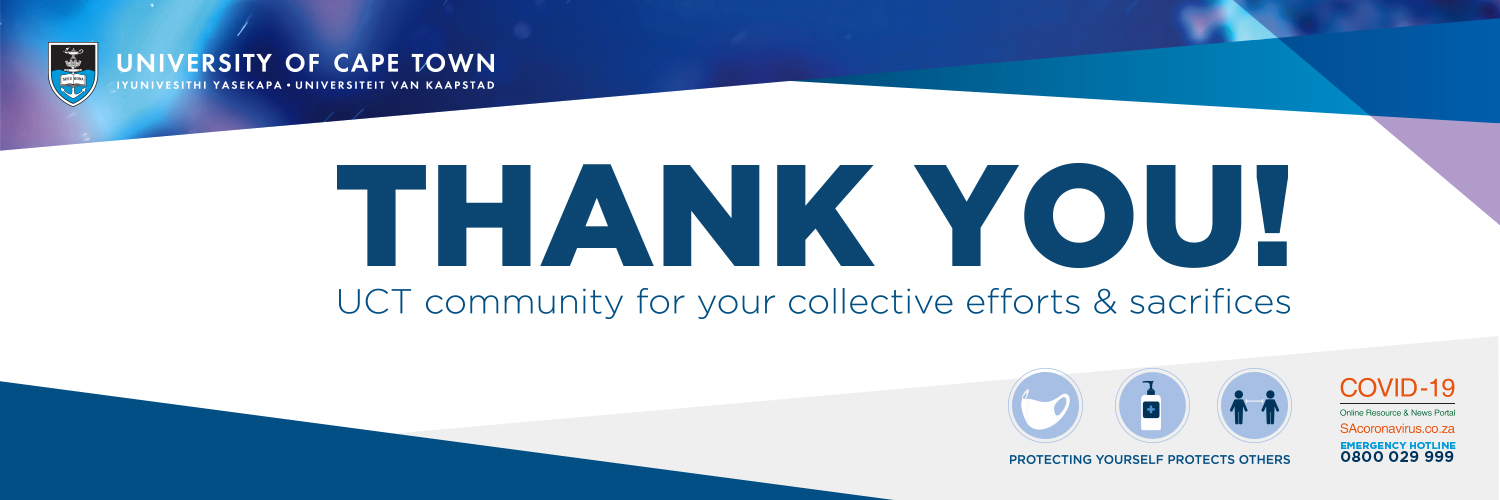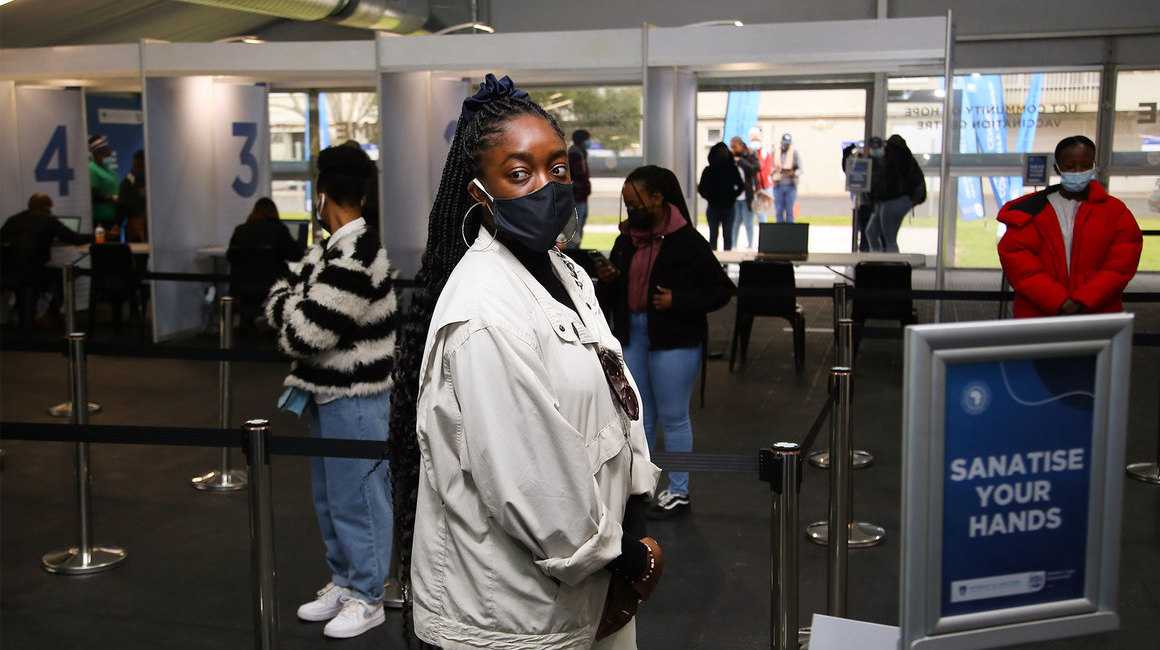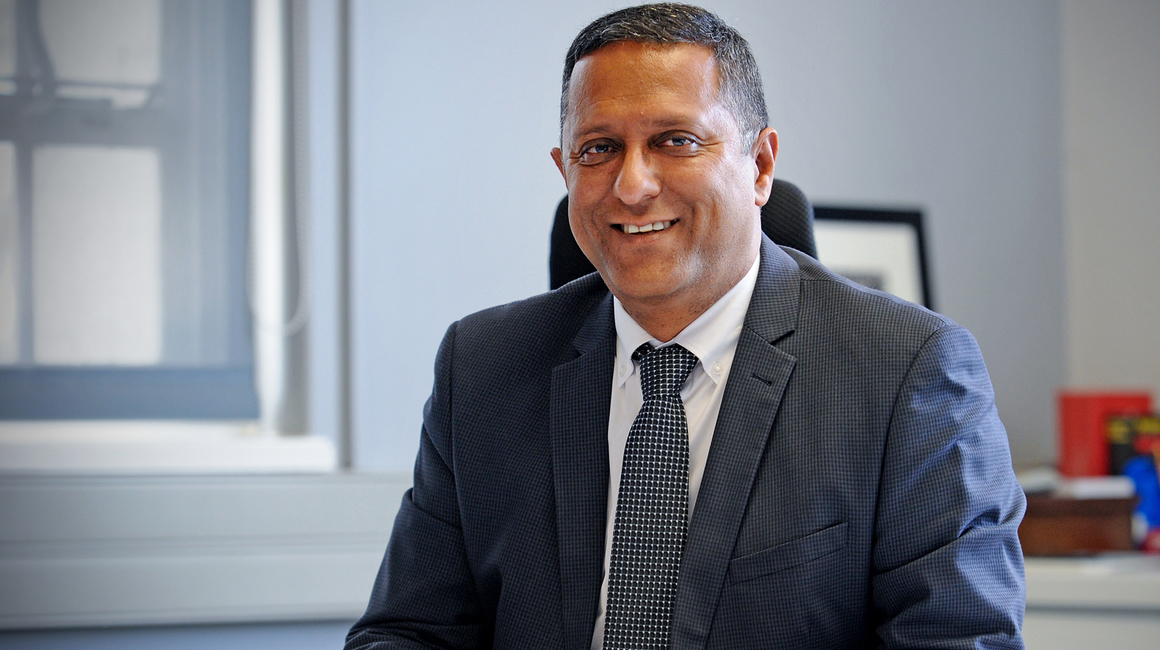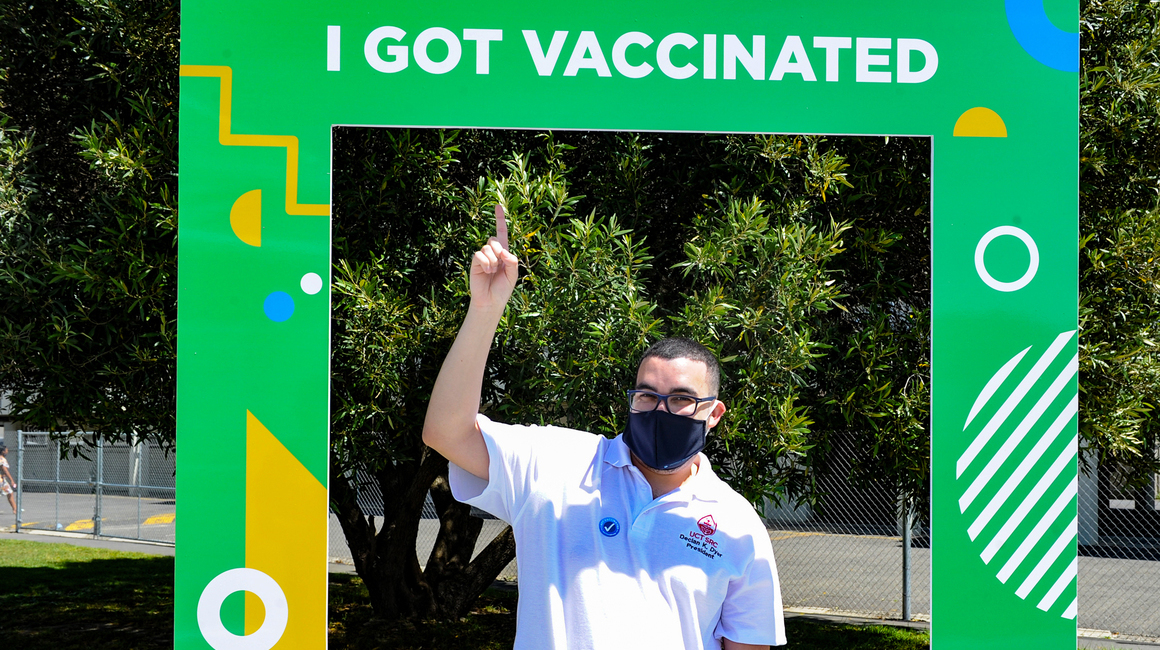COVID-19 orphanhood is a ‘hidden pandemic’
16 August 2021 | Story Niémah Davids. Photo Pexels. Read time 5 min.
“In summary, the research estimates suggest that every 12 seconds a child around the world loses a caregiver to COVID-19.”
This startling finding was presented in a research report titled “Global minimum estimates of children affected by COVID-19 associated orphanhood and deaths of caregivers: a modelling study”, published recently in The Lancet.
The study was conceptualised and produced by a multidisciplinary team of researchers at the University of Cape Town’s (UCT) Accelerating Achievement for Africa’s Adolescent (Accelerate) Hub, in partnership with the University of Oxford. The Accelerate Hub is a unit located in UCT’s Centre for Social Science Research. It generates evidence on the value of development accelerators to inform multi‑sector partnerships to achieve the United Nations’ (UN) Sustainable Development Goals (SDGs) for adolescents on the African continent.
According to Professor Lucie Cluver (co‑author of the study), who is based between UCT and the University of Oxford, the objective of the project was to measure the impact the COVID‑19 pandemic has had on orphanhood globally. The World Health Organization, the World Bank and the United States Agency for International Development were co‑collaborators on the project.
“Our goal is to shine a bright light on this urgent and overlooked consequence that is harmful [to] children.”
Sadly, said Associate Professor Cluver, their results reveal that globally 1.5 million children have lost their primary caregivers to the virus. This tragic circumstance has been described as a ‘hidden pandemic’ and is expected to have long‑lasting and damaging implications.
The need‑to‑knows
To reach their findings, researchers used mathematical modelling and mortality and fertility data from 21 countries, including 76% of global COVID‑19‑related deaths, to estimate the number of children who had lost a caregiver. Some children lost one or both parents, while others lost grandparents and other primary caregivers.
“Our goal is to shine a bright light on this urgent and overlooked consequence that is harmful [to] children,” said Cluver.
Research findings indicate that because COVID‑19 can lead to death within weeks and sometimes days, families have very little time to prepare children for the trauma that comes with losing a parent. Long‑term, Cluver said, the effects are far‑reaching.
She cited mental health problems; physical, emotional and sexual violence; and family poverty as a few of the consequences children may need to contend with. In addition, the risk of suicide and promiscuous behaviour (which could lead to adolescent pregnancy and infectious diseases) is high.
“Due to the staggering findings, the researchers call for an urgent response that draws on and harnesses the power of development accelerators – defined as services, provisions or policies that will lead to progress across multiple UN SDGs, to improve outcomes for children with diseased caregivers across the world. Development accelerators such as cash transfers and parenting support have proved to be an effective response, as is seen [in] evidence [emerging] from South Africa,” she said.
Harrowing reality
Researchers estimate that between 1 March 2020 and 30 April 2021, 1 562 000 children experienced the death of at least one primary or secondary caregiver, while 1 134 000 children lost a primary caregiver and at least one parent or custodial parent.
“The mathematical estimates suggest that every 12 seconds a child around the world loses a caregiver to the virus.”
“Considering custodial parents as primary caregivers is particularly important in the African context. Custodial grandparents often serve as guardians who care for their grandchildren [when their] parents have migrated to other countries for work, have died, or are separated from their children as a result of conflict or war,” said Cluver.
Painting a very harrowing picture, she said the number of children orphaned during the period under review exceeded the number of COVID‑19 related deaths in the 15 to 50‑year‑old category. The mathematical estimates suggest that every 12 seconds a child around the world loses a caregiver to the virus.
South Africa has recorded one of the highest numbers in the world for primary caregiver deaths, and on the continent the country is in the lead compared to its African counterparts. Essentially, Cluver said, one in every 200 South African children has lost a primary caregiver. Other countries with similar statistics include Peru, the United States, India, Brazil and Mexico.
Targeted interventions
Cluver said research has demonstrated that low‑cost accelerator approaches focused on family strengthening – a subset of the same strategies that have proven effective in preventing violence – can improve multiple outcomes for children with deceased caregivers.
“Accelerator programmes need to be adapted according to the COVID‑19 context. We need investments urgently to get this ball rolling,” she said.
“The devastating toll of caregiver loss increases daily, and will for as long as the pandemic continues. Addressing this hidden pandemic in a way that we know works should be of utmost importance.”
 This work is licensed under a Creative Commons Attribution-NoDerivatives 4.0 International License.
This work is licensed under a Creative Commons Attribution-NoDerivatives 4.0 International License.
Please view the republishing articles page for more information.
UCT’s response to COVID-19 in 2021
COVID-19 is a global pandemic that caused President Cyril Ramaphosa to declare a national disaster in South Africa on 15 March 2020 and to implement a national lockdown from 26 March 2020.
UCT is taking the threat of infection in our university community extremely seriously, and this page will be updated regularly with the latest COVID-19 information. Please note that the information on this page is subject to change depending on current lockdown regulations.

Global Citizen Asks: Are COVID-19 Vaccines Safe & Effective?
UCT’s Institute of Infectious Disease and Molecular Medicine (IDM) collaborated with Global Citizen, speaking to trusted experts to dispel vaccine misinformation.
If you have further questions about the COVID-19 vaccine check out the FAQ produced by the Desmond Tutu Health Foundation (DTHF). The DTHF has developed a dedicated chat function where you can ask your vaccine-related questions on the bottom right hand corner of the website.
IDM YouTube channel | IDM website
UCT Community of Hope Vaccination Centre
The University of Cape Town in partnership with the Western Cape Government (WCG) have reinforced our commitment to bringing hope to the residents of the Mother City with the launch of the world‑class Community of Hope Vaccination Centre that opened its doors on Monday, 30 August 2021.
The site is located on Main Road in Mowbray – in the Forest Hill Residence – and access is from Broad Street. The site is open every Monday to Friday from 08:00 to 15:00 and on Saturday from 09:00 to 13:00. Please allow time for attending to COVID-19 protocols and arrive as early as possible at the vaccination centre.
Frequently asked questions
News and views
Campus communications
2021
Media releases
Read more
UCT statements related to COVID-19 vaccinations
This is a space created for all formal bodies and structures within the university community to share their opinions on the need for a mandatory COVID-19 vaccine policy. Please note that some editorial judgement may be applied if the received statements go against any constitutional rights, and that no correspondence will be entered into, statements will be posted unedited and as received. Statements can be sent to opinions@uct.ac.za.
Commemorating a year of COVID-19
At midnight on 26 March 2020, South Africa went into the first nationwide hard lockdown. A year later, we remember those who have died and those who have been affected by COVID-19, as well as the pandemic’s effects across society and campus. We are especially grateful for the front-line health workers who have done so much for so many.
#UCTCOVIDPledge – social media elements
Customised Facebook frames and Instagram stickers are now available on those social media platforms. Watch the tutorial videos here to see how easily you can show your support for the #UCTCOVIDPledge.
In an email to the UCT community, Vice-Chancellor Professor Mamokgethi Phakeng said:
“COVID-19, caused by the virus SARS-CoV-2, is a rapidly changing epidemic. [...] Information [...] will be updated as and when new information becomes available.”
We are continuing to monitor the situation and we will be updating the UCT community regularly – as and when there are further updates. If you are concerned or need more information, students can contact the Student Wellness Service on 021 650 5620 or 021 650 1271 (after hours), while staff can contact 021 650 5685.












































































